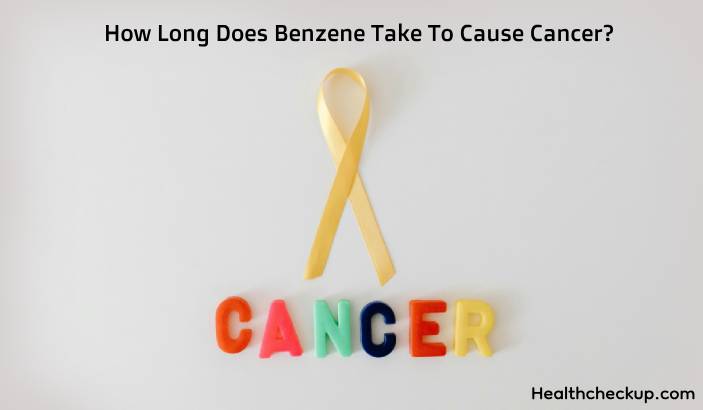Proteins have been an important constituent of our regular diet. Since the time a baby is born, the diet needs an adequate supply of protein in order to facilitate a healthy growth and development of the baby. This is because protein is the most important constituent of every cell of the body including the hair, bones, muscles, skin, blood, cartilage, and nails. The protein thus finds an important utility in building and repairing various cells and tissues of the body.
Proteins are also needed to make hormones, enzymes, and other important body chemicals. Increasing realization of the multiple uses of this wonderful component of our natural diet, high protein diets have increasingly become a fad. Bodybuilders and diet conscious people across the globe are being advised and self administering protein rich drinks and food products. Such as protein shakes and protein bars with the sole hope of gaining muscles while reducing weight.
However, one common misconception that we have not tried to understand till date is that unlike macronutrients such as carbohydrates and fats, our bodies cannot or do not have a process to store excess protein. Maybe that is the reason why most people are subscribing to protein rich diets without understanding. Such excess protein can harm our bodies than actually benefiting it. Thus we need to understand what happens if we have too much protein?
What Happens If You Have Too Much Protein?
Physicians across the globe have set standard consumption rates for everybody.
- According to their advice, ideally, we should consume not more than half a gram of protein per pound of our lean body mass.
- According to the Recommended Dietary Allowance (RDA), the protein intake in adults is capped at 0.8 grams of protein per kilogram of body weight. Beyond this, the intake of protein can be detrimental to our health.
- Even in case of special needs like sports, athletics, or bodybuilding, the amount of protein intake needs to be increased by merely 25 per cent in order to optimally repair and recover the strength of the muscles.
Some of the Adverse Effects of Excess Protein Can Be Summed Up As
- Weight Gain: Excess of protein in our body can lead to excess body weight which has a direct correlation with the increase of risk and probability of death. However, this can be reversed when excess protein is replaced by healthy fats.
- Bone Disorders: Too much protein consumption in our diet can have an effect on bones. Excess protein consumption would release a high amount of acids in the body fluids. These highly acidic body fluids need to be excreted by the kidney along with the help from the skeleton structure of our body which helps by active bone resorption. This acid reacts with the bones to result in loss of calcium.
- Kidney Issues: As explained in the above point, excess acid in fluids have to be excreted out of the body by the kidneys. In case this excess acid in the kidney is coupled with fewer intakes of fluids, this can result in kidney stones and other kidney related issues. Further, people with pre-existing kidney problems absolutely need to cut down on their protein intake.
- Heart Problems: Excess Protein intake can increase the risk of coronary artery disease. This excess intake of protein, thus, increases the risk of heart failure manifolds.
- Increased Risk of Cancer: Certain studies have found that excess protein intake can result in cancer. Especially proteins such as red meat and processed meat increase the risk of cancers such as colon cancer.
While most bodybuilders and fitness conscious people are turning towards consumption of protein powders as the most important nutritional supplement. It is important to understand that these protein powders are not as nutritious as whole foods. In fact, too much of protein powder can cause problems for the stomach.
Too much protein powder is known to damage the kidneys apart from increasing the risk of osteoporosis and cancer through scientific basis needs to be established on such knowledge. But it is still advisable to limit the protein intake, more so, in the form of supplements like shakes, powders, and bars. And replace it with natural proteins from the whole and nutritious foods.
What To Do If You Have Too Much Protein?
Since it is evident from the above discussion that excess of anything including consumption of protein is not advisable. This problem of excessive protein intake can only be solved by one’s realization. The individual needs to realize that the protein intake is exceeding the normal intake levels. Once the individual realizes the same, he/she can follow the below mentioned strategies to cut down the protein intake in their diet
- Increase the intake of water to keep the body hydrated while helping the kidney to flush the excess protein out of the body.
- Avoiding high sodium content food and food products and thus controlling the blood pressure levels in the body.
- Maintaining a healthy and balanced diet and overall lifestyle
- Including high calorie food in the diet (try including healthy fats rather than increasing intake of carbohydrate)
- Developing and introducing low protein food recipes
- Reducing the quantity and amount of high value protein food
- Trying to stretch the protein intake by introducing more fresh fruits and vegetables while reducing the quantity of protein rich food.
Medically Reviewed By

Samarpita is a dedicated freelance writer with avid experience in the space of health, she specializes in topics related to diet, nutrition, immune-related diseases, detection and prevention of diseases and taking a natural route to cure such diseases.








